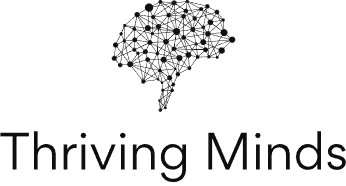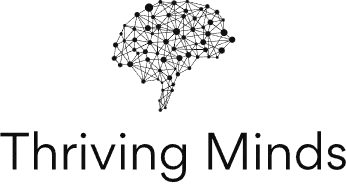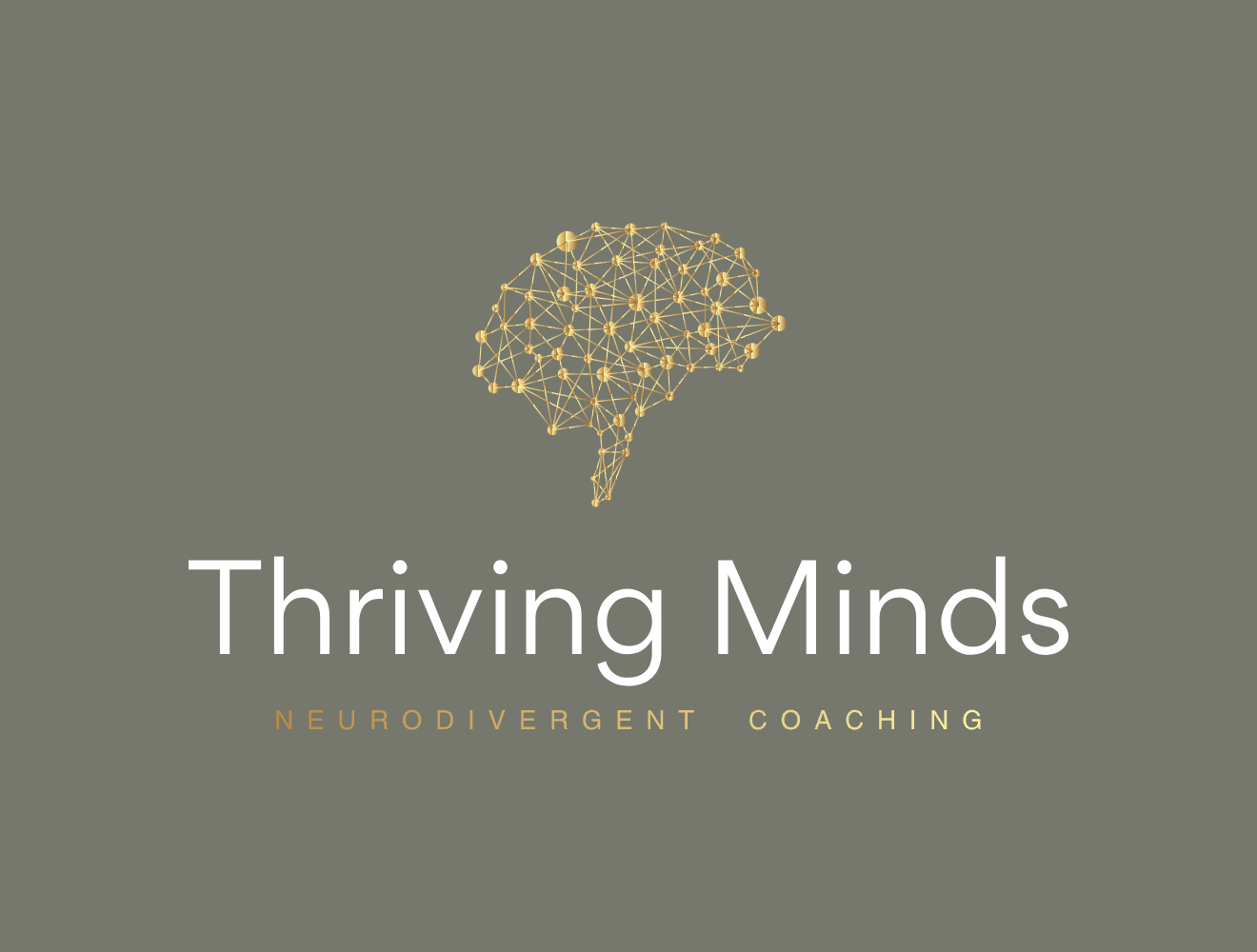Exploring Autism Coaching For Children And Adults

Every person on the autism spectrum experiences the world in their own unique way. For some, daily routines, school, or work may feel like uphill climbs. For others, social interaction or time management can be the biggest challenge. Autism coaching offers compassionate, practical support that helps both children and adults gain confidence, improve communication, and develop essential life skills. With the right guidance, living with autism can become a journey of growth and empowerment.
What Is Autism Coaching?
Autism coaching is a personalized support system that helps individuals on the autism spectrum build everyday skills, manage challenges, and achieve personal goals. It is not therapy or counseling; instead, it focuses on action-based strategies to improve organization, communication, and independence.
An autism coach works one-on-one with clients to identify specific areas of difficulty, such as social interactions, self-advocacy, or daily planning, and develops practical tools to address them. The goal is to empower clients to understand their strengths and create systems that make daily life smoother and more rewarding.
To learn more or find a certified coach, explore Autism coaching resources from Thriving Minds.
How Autism Coaching Differs from Therapy or Tutoring
Therapy often focuses on emotions and behavior, while tutoring is about academic improvement. Autism coaching sits somewhere in between, providing structure and practical skill-building for daily life.
A coach helps clients plan and problem-solve in real-time, whether that means organizing a workspace, managing sensory overload, or learning how to advocate for themselves. Coaching also complements other supports, such as occupational or behavioral therapy.
What Are the Benefits of Autism Coaching?
The autism coaching benefits extend far beyond simple goal-setting. Coaching encourages personal growth, self-awareness, and self-reliance. Both children and adults can benefit from learning how to manage their emotions, routines, and relationships more effectively.
Here are the key benefits of autism coaching:
- Improved Communication Skills – Coaches teach methods for expressing needs clearly and understanding social cues.
- Better Organization and Time Management – Visual planners, task lists, and routines help clients stay focused.
- Emotional Regulation – Coaching teaches mindfulness and self-awareness to handle frustration and stress.
- Increased Confidence – Small achievements build a sense of accomplishment and self-worth.
- Greater Independence – Clients learn how to navigate daily life more confidently at school, home, or work.
Before starting, it’s a good idea to get quotes from different autism coaches to find a program that best fits your goals and budget. Many organizations offer consultations to discuss personal needs before beginning sessions.
Real-Life Examples of Autism Coaching Success
Children may learn to stay focused in class, communicate more comfortably with peers, or manage transitions between activities. Adults might master time management, workplace communication, or social boundaries.
For example, a college student working with an autism life coach may develop better study habits and routines, while a parent of a young child might learn how to support emotional regulation through structured play. These transformations often lead to long-term improvements in confidence and independence.
What Is the Support for Adults with Autism and ADHD?
Adults with autism and ADHD often face overlapping challenges, such as managing time, staying focused, or maintaining relationships. Balancing professional responsibilities, social life, and emotional well-being can feel exhausting without the right tools.
Autism coaching offers structured support designed for these needs. Coaches help clients create personalized strategies for daily organization, impulse control, and goal tracking. This process is especially helpful for adults who are navigating both autism and ADHD, as it promotes accountability and sustainable routines.
Through personalized coaching, adults can learn practical solutions, from setting reminders and breaking tasks into steps to using tools that promote balance and self-regulation.
How Autism Coaching Supports Children
Autism coaching for children focuses on helping young individuals understand their emotions, improve communication, and participate more fully at school or in social settings.
Coaches often use visual aids, role-playing, and reward-based systems to make learning engaging. Over time, children learn essential skills such as managing transitions, making friends, and coping with sensory challenges.
Parents are also included in the process. Autism coaches work with families to ensure consistency at home, reinforcing positive behaviors and communication strategies learned during sessions.
How Autism Coaching Supports Adults
For adults, the focus shifts toward personal growth, independence, and achieving life goals. Many adults on the spectrum benefit from learning to navigate workplaces, build relationships, or manage stress.
An autism life coach helps clients recognize strengths, overcome obstacles, and develop habits that promote balance and confidence. By identifying barriers and creating structure, coaching encourages independence in areas like career planning, budgeting, and social life.
Adults often describe coaching as empowering, a process that finally helps them feel understood and capable of leading fulfilling, structured lives.
How to Help Someone with Autism as an Adult
Supporting an autistic adult starts with empathy and understanding. Simple actions, like listening, respecting sensory preferences, and maintaining clear communication, make a big difference.
Here are ways to help:
- Encourage structure and predictability in daily routines.
- Offer visual reminders or written instructions when possible.
- Respect sensory sensitivities such as light, sound, or touch.
- Support access to coaching or professional help for skill development.
Families, friends, and caregivers can also learn autism support strategies to encourage self-confidence while maintaining healthy boundaries.
What Is an Organization That Helps People with Autism?
Several organizations provide valuable support, education, and advocacy for people on the spectrum and their families. Examples include:
- The Autism Society of America – Offers education, community events, and advocacy tools.
- Autism Speaks – Promotes awareness and provides research-based resources.
- Local Autism Networks – Many communities have local nonprofits that offer training, group programs, and coaching opportunities.
According to the Centers for Disease Control and Prevention (CDC), about 1 in 36 children in the United States has been identified with autism spectrum disorder (ASD). This statistic highlights the importance of continued education, acceptance, and accessible coaching options.
For tailored programs and online coaching options, Thriving Minds provides trusted support for children and adults across the U.S.
Can Coaching Help with Autism?
Yes… coaching can help with autism by bridging the gap between awareness and action. While therapy may focus on emotional well-being, coaching focuses on real-world application. Coaches use positive reinforcement and personalized strategies to help individuals thrive at school, work, or in daily routines.
The autism coaching benefits are visible in improved communication, stronger problem-solving skills, and higher self-esteem. Whether for children learning to express themselves or adults seeking balance and purpose, coaching offers practical progress that makes life more manageable and rewarding.
Which Strategies Help Build Independence in Autism Coaching?
Autism coaching focuses on small, consistent actions that lead to independence over time. Here are some autism support strategies coaches often use:
- Task Sequencing – Breaking complex activities into clear, manageable steps.
- Visual Schedules – Using images or charts to reinforce daily routines.
- Sensory Regulation Techniques – Identifying triggers and calming methods.
- Self-Advocacy Training – Teaching individuals how to express needs and set boundaries.
- Goal Setting – Developing long-term plans with realistic milestones.
These strategies empower both children and adults to take ownership of their goals and build resilience in everyday life.
Getting Started with Autism Coaching
Starting autism coaching is simple. Many programs begin with an initial consultation or discovery call to assess needs and goals.
Before enrolling, it’s wise to get quotes from several certified coaches to compare their services, session frequency, and approach. This ensures you find a coach who understands your unique situation and communication style.
If you’re ready to explore personalized support, visit Thriving Minds to learn more about autism coaching programs designed to build confidence and independence.
Final Thoughts
Autism coaching helps individuals of all ages transform challenges into opportunities for growth. It empowers children to communicate better, supports adults in managing daily life, and gives families a sense of direction and hope.
Discover how personalized autism coaching can help children and adults build confidence, communication, and independence with support from Thriving Minds.








